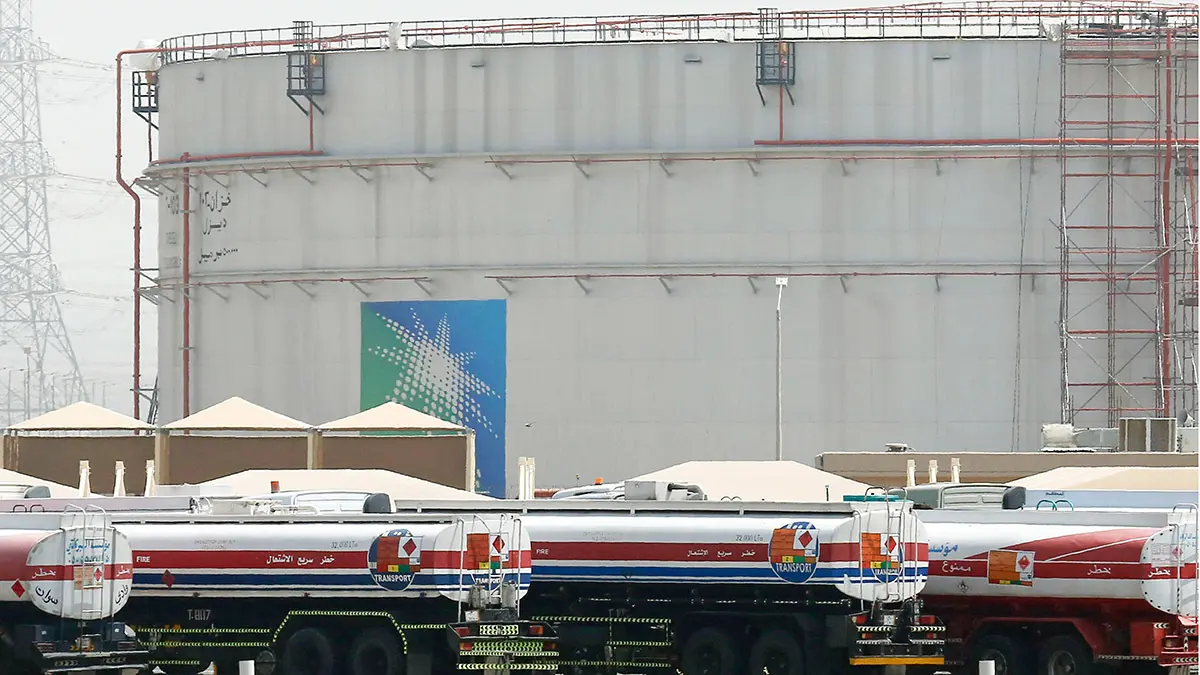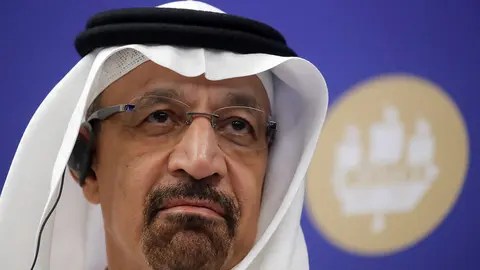IMF highlights Saudi Arabia's economic resilience and solid capacity

The report highlighted the Kingdom's resilience and solid capacity to cope with crises and external economic challenges, as well as the continued expansion of its non-oil economic activities, its ability to contain inflation, and the decline in the unemployment rate to its lowest levels in history.
The report highlighted efforts made in fiscal data disclosure and in studying and analyzing the risks surrounding public finances, while commending the medium-term investment plans and ways to finance them, the government's transition to medium-term financial planning, and the proactive approach taken in setting spending ceilings for all parties through 2030.
It also noted that the direct impact of escalating global trade tensions on the kingdom is limited, and that strong domestic demand and the easing of OPEC+ production cuts will drive economic growth despite growing global uncertainty.
The report noted the continued strong growth of the Saudi economy, driven by private investment and consumption, and real non-oil GDP growth of 4.5% in 2024 with the expansion of retail, hospitality, and construction, as well as growth in non-oil private investment of 6.3% year-on-year.
The report notes that, in light of growing global uncertainty and lower commodity price expectations, strong domestic demand will continue to drive growth in the kingdom, with real non-oil GDP growth forecast at 3.4% in 2025, thanks to the continued implementation of Saudi Arabia's ambitious Vision 2030 projects and strong credit growth.
The report also welcomed the Kingdom's efforts to analyze a range of scenarios and develop proactive plans to ensure the sustainability of public finances in the event of severe shocks, and emphasized that prioritizing high-impact projects represents a sound approach to maintaining fiscal sustainability.









